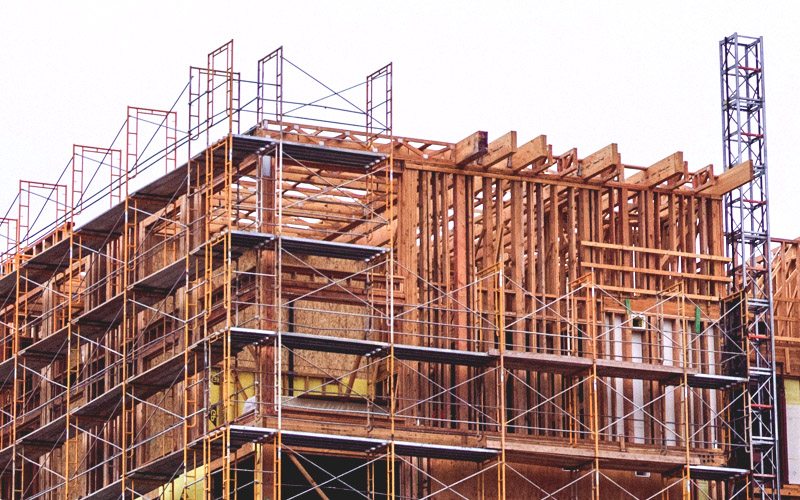What Permits Are Needed for Kitchen Remodels in Palm Springs?
Planning a kitchen remodel in Palm Springs? Before you start dreaming about new countertops or opening up your floor plan, it’s critical to understand one often-overlooked—but essential—part of the process: permits.
Too often, homeowners rush into kitchen renovations without realizing what’s legally required. But in a regulated city like Palm Springs, skipping the right permits can result in inspection delays, costly fines, or even being forced to undo completed work.
In this comprehensive guide, we’ll walk you through what permits you need, how the inspection process works, and how to stay compliant with kitchen construction rules in Palm Springs. Let’s save you time, money, and stress—before you start knocking down walls.
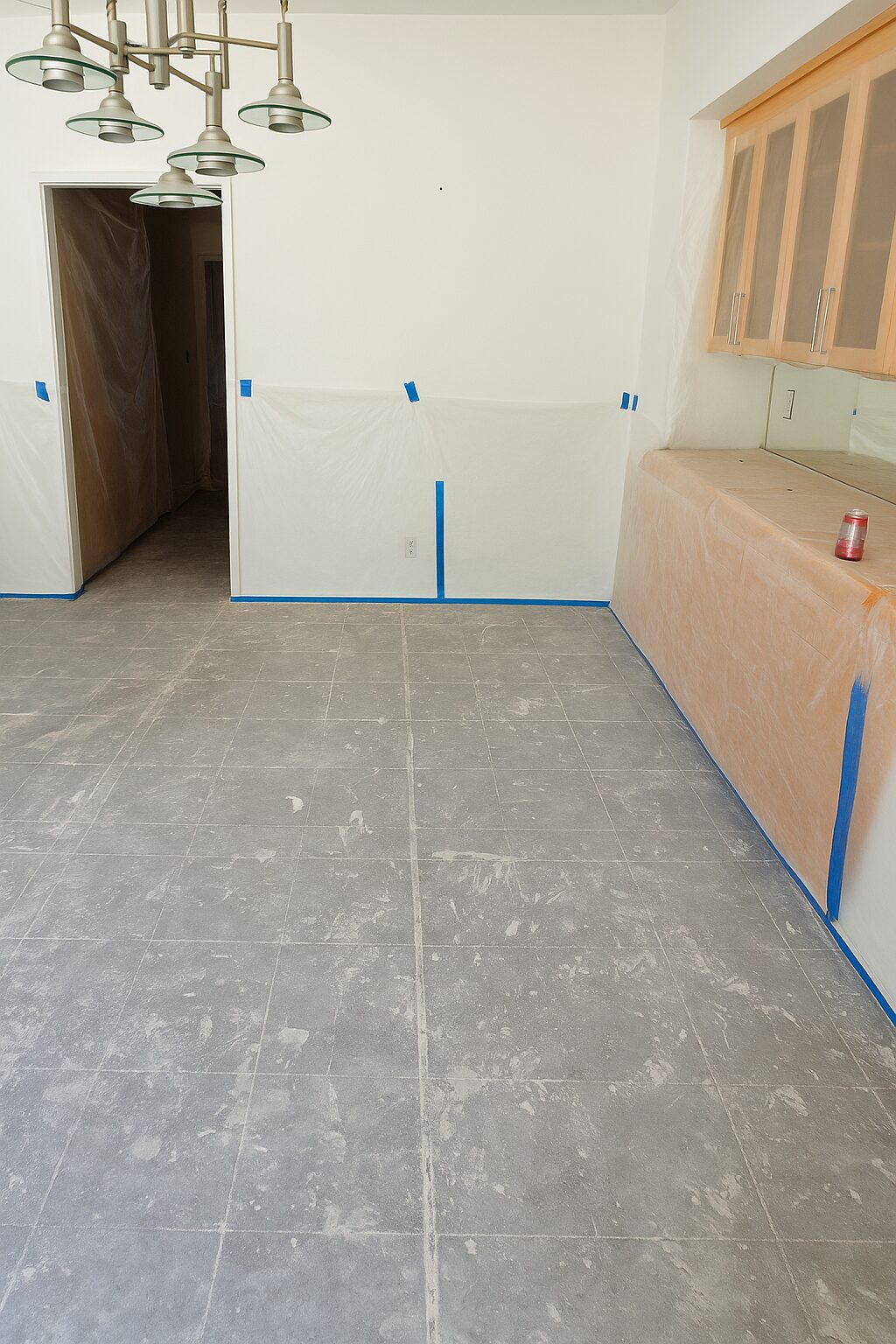
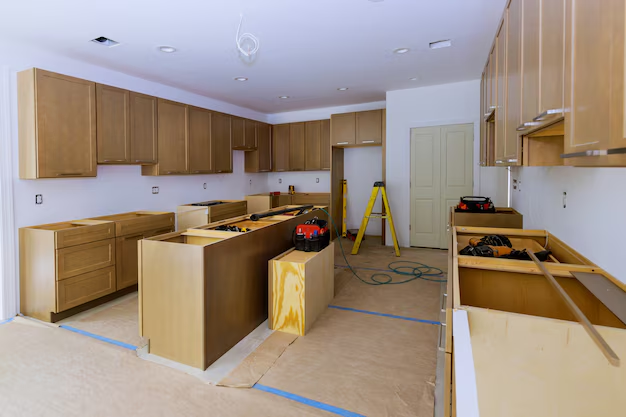

The Importance of Permits for Kitchen Remodeling in Palm Springs
The purpose of permits is to guarantee that your kitchen renovation conforms with local laws, safety requirements, and California building codes. Permits are particularly crucial in Palm Springs, where many properties are subject to strict zoning regulations, historic designations, or HOA rules.
What occurs if permits are not obtained?
- When selling your house, you might not pass the inspection.
- Insurance claims may be rejected in the event of an accident, flood, or fire.
- The city has the authority to stop your renovations, issue fines, or order that any unpermitted work be demolished.
In summary, permits are safeguards for your investment and safety, not bureaucratic red tape.
When Do Palm Springs Kitchen Remodeling Permits Need to Be Obtained?
Permits are not required for every kitchen renovation. Do you want to paint your cabinets? Changing out the faucets? No issue. However, the majority of plumbing, electrical, and structural work will require a permit.
Permits are probably required for:
- Wall removal or modification (load-bearing or not)
- Adding or relocating electrical circuits or outlets
- Moving gas or plumbing lines
- Putting in new exhaust systems or ductwork
- Changes to the windows or doors
- Significant layout adjustments (such as relocating your range or sink)
- Electrical panel upgrades
Painting cabinets or walls usually doesn’t require a permit.
- Countertop replacement (without changing the plumbing)
- Putting in new flooring (unless it affects egress or fire safety)
- Switching out light fixtures (without relocating the wiring)
Pro Tip: When in doubt, always check with Palm Springs Building & Safety before assuming your project is exempt.
Comprehending Palm Springs Kitchen Construction Regulations
Zoning regulations and building codes vary from city to city. The city’s Building & Safety Department enforces these in Palm Springs, making sure that all construction complies with the 2022 California Building Standards Code.
Important guidelines for kitchen construction include:
- Minimum distance between counters and appliances
- GFCI protection in the vicinity of sinks
- Exhaust systems for range hoods must vent to the outside rather than recirculate.
- During kitchen renovations, it might be necessary to update the carbon monoxide and smoke detectors.
- Some appliances may require fire-rated drywall behind them.
Before applying for permits, you will need additional approvals if your home has HOA restrictions or is located in a historic district.
Types of Permits You Might Need
Your contractor might need to obtain several different kinds of permits, depending on the size of your remodel.
- Permit for Construction includes structural alterations such as wall removal, reworking the frame, or altering the floor plans.
- To install new outlets, Upgrade lighting, or replace panels, an electrical permit is needed.
- Any modifications to sinks Gas lines, dishwashers, or waste lines are covered by a plumbing permit.
- A mechanical permit is required for range hood installations, new ductwork, and HVAC modifications.
Who submits a permit application?
Although your contractor will typically handle it, either the homeowner or a licensed contractor may apply. Verify that the price and liability for acquiring all necessary permits are included in their bid.
Important: You assume responsibility for code compliance if you pull the permit as the homeowner. It’s best to leave it to the professionals because that includes passing all inspections.
How much time does it take to get a permit?
The complexity of the project and your location will determine how long it takes for a permit to be approved in Palm Springs.
- Minor plumbing and electrical upgrades: 3–7 working day
- Major renovations (historic homes, structural alterations): two to four weeks or more
- Add an additional one to three weeks for HOA approvals, if necessary.
Advice: Submit digital plans and required documentation online via the City of Palm Springs ePermit Center.
The Operation of the Inspection Process
To verify compliance, the city will arrange a number of inspections after you obtain the permits and begin building.
Typical kitchen remodel inspection checkpoints:
- Rough plumbing and electrical – After wiring and pipes are installed but before walls are closed
- Framing inspection – If structural changes were made
- Insulation (if applicable) – Especially in exterior walls
- Final inspection – Ensures everything is up to code before occupancy
Each inspection must be passed before you can proceed to the next phase.
What Takes Place If an Inspection Is Failed?
Receiving a notice of correction is not unusual. A written list of the issues that need to be resolved will be provided by the inspector. You will arrange a follow-up examination after the problems have been fixed.
If infractions are not corrected, there may be:
- Stop work orders
- Additional fees
- Delays in completing your project
Tip: Work with a contractor familiar with the local inspection process—they’ll anticipate what inspectors look for and reduce the risk of delays.
Extra Things to Think About for Palm Springs Properties
Historic Homes:
Before remodeling, you might need to obtain the Historic Site Preservation Board’s (HSPB) approval and adhere to certain design guidelines if your property is under their jurisdiction.
HOA Properties:
Any exterior alterations or changes that might affect utilities are frequently subject to prior written approval in gated communities.
Utility-Related Considerations:
The city might mandate that you upgrade your service panel if your kitchen renovation includes significant electrical work, particularly if you’re installing powerful appliances.
Concluding Remarks: Demolition After Permits
Although they might not be the most glamorous aspect of your Palm Springs kitchen renovation, permits are among the most crucial. They guarantee the safety, legality, and resale value of your project.
You’ll safeguard your investment and have peace of mind right away if you comprehend kitchen construction regulations, navigate the inspection procedure, and collaborate with a qualified expert.
Ready to Start Remodeling the Right Way? Schedule a Free Kitchen Consultation in Palm Springs Today.
Frequently Asked Questions
Do I need a permit for a kitchen remodel in Palm Springs?
Yes, permits are required for electrical, plumbing, and structural changes.
How long does it take to get permits?
Permit approvals typically take 2 – 4 weeks depending on project scope.
Related Projects
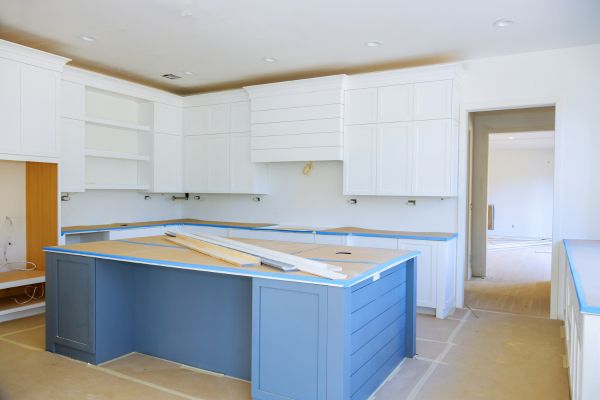
Budget-Friendly Kitchen Remodel Ideas for Coachella Valley Homes
Budget-Friendly Kitchen Remodel Ideas for Coachella Valley Homes If you've been searching for “remodel kitchen near me”, chances are you’re ready to update your cooking space without blowing your budget. Whether you live in Palm Desert, Indio, La Quinta, or anywhere...
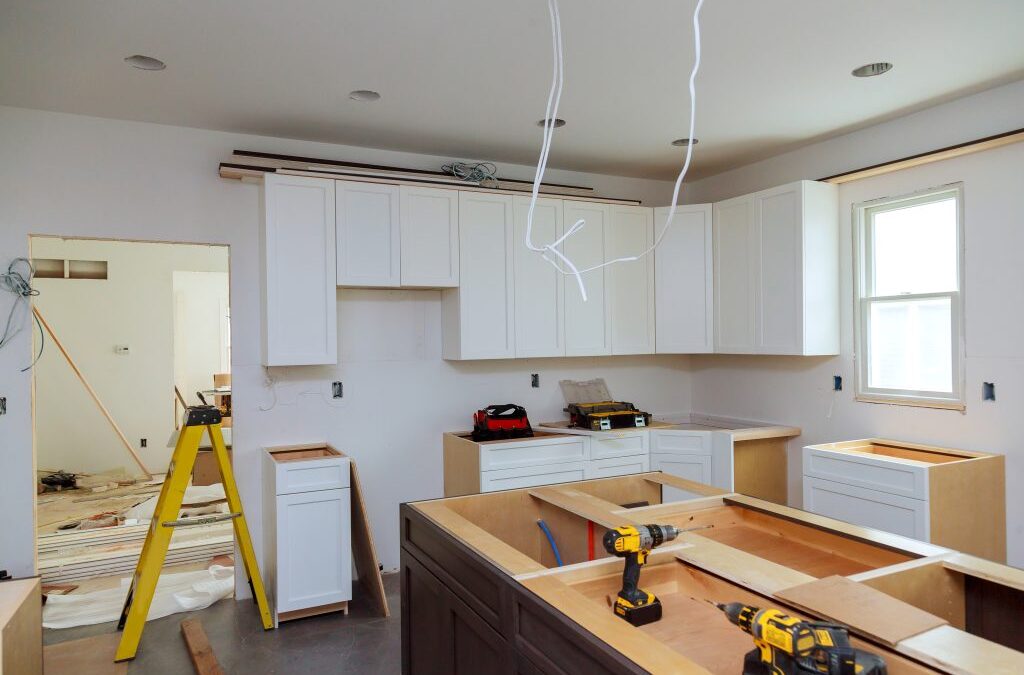
Is Now the Best Time to Remodel Your Kitchen in Palm Desert?
Is Now the Best Time to Remodel Your Kitchen in Palm Desert? If you’ve been considering a Palm Desert kitchen remodeling project, you may be wondering: Is now the right time to move forward? Timing plays a bigger role in remodeling than most homeowners realize—from...
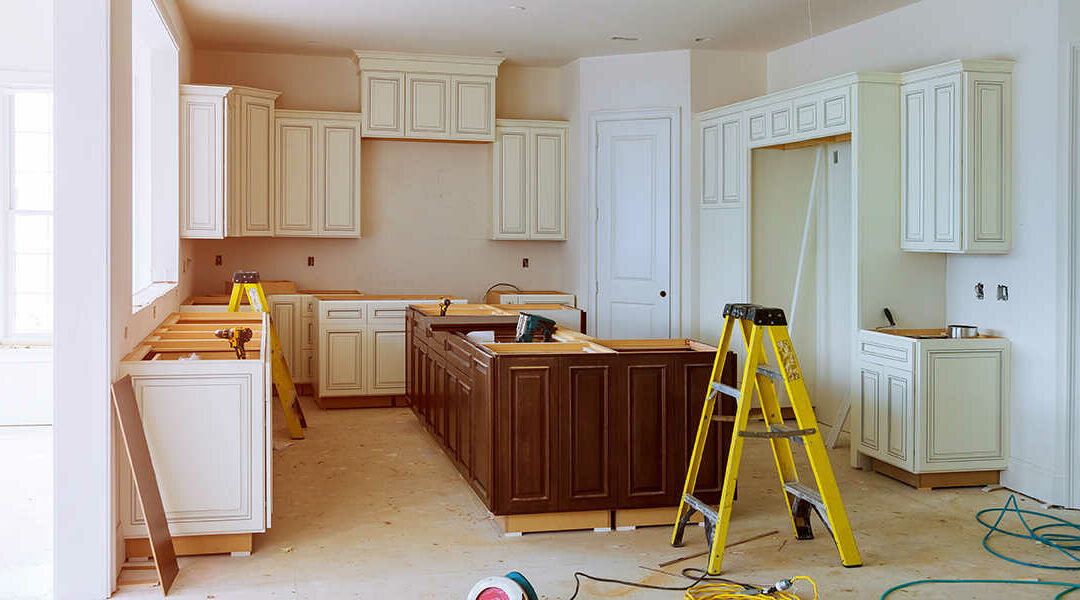
How to Choose the Right Kitchen Contractor in Palm Springs
How to Choose the Right Kitchen Contractor in Palm Springs Hiring a kitchen contractor in Palm Springs is one of the most important decisions you’ll make during your renovation. Your contractor will influence everything—from the project timeline and budget to the...
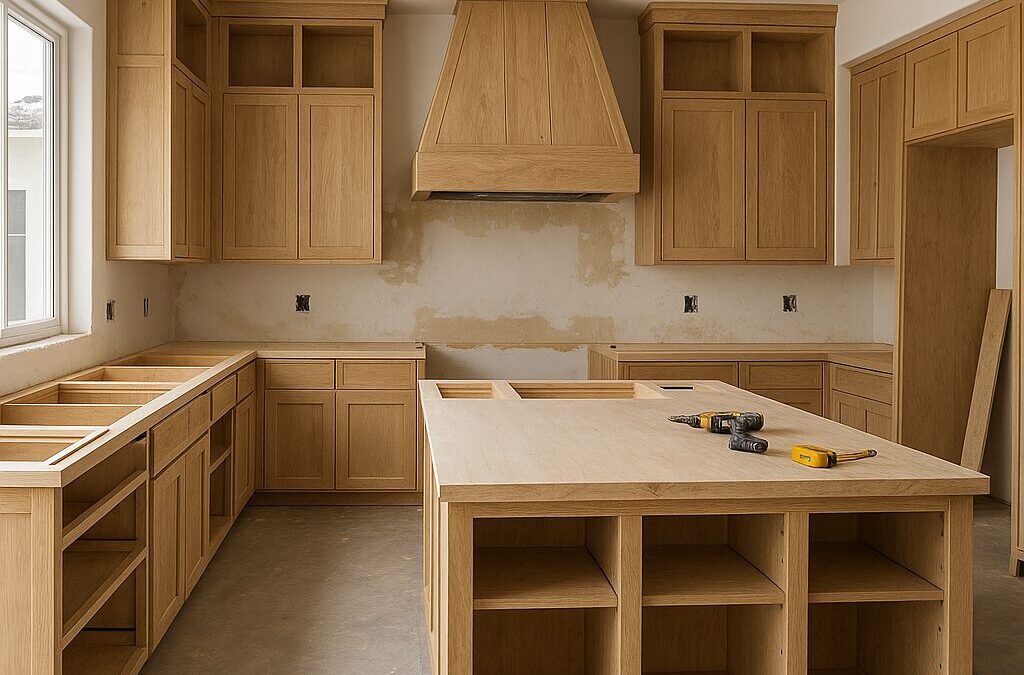
Avoid These 7 Common Mistakes When Remodeling Your Kitchen in La Quinta
Avoid These 7 Common Mistakes When Remodeling Your Kitchen in La Quinta Are you considering remodeling your kitchen in La Quinta? You're not by yourself. More and more homeowners are opting to improve their kitchens rather than move, whether they live in the...
What’s the Real Cost of Building a Pool in La Quinta?
BUILDING A POOLWhen it comes to beating the desert heat in La Quinta, there’s no better solution than having a personal oasis in your backyard. A custom pool doesn’t just elevate your home's value—it transforms your lifestyle. But what does it really cost to install a...
A thrilling journey awaits players eager to master the art of competition in the captivating atmosph
A thrilling journey awaits players eager to master the art of competition in the captivating atmosphere of daman game.An Overview of the Daman GameUnderstanding the Rules of the GameStrategies for Success in the Daman GameThe Social Dynamics of the Daman GameDelving...
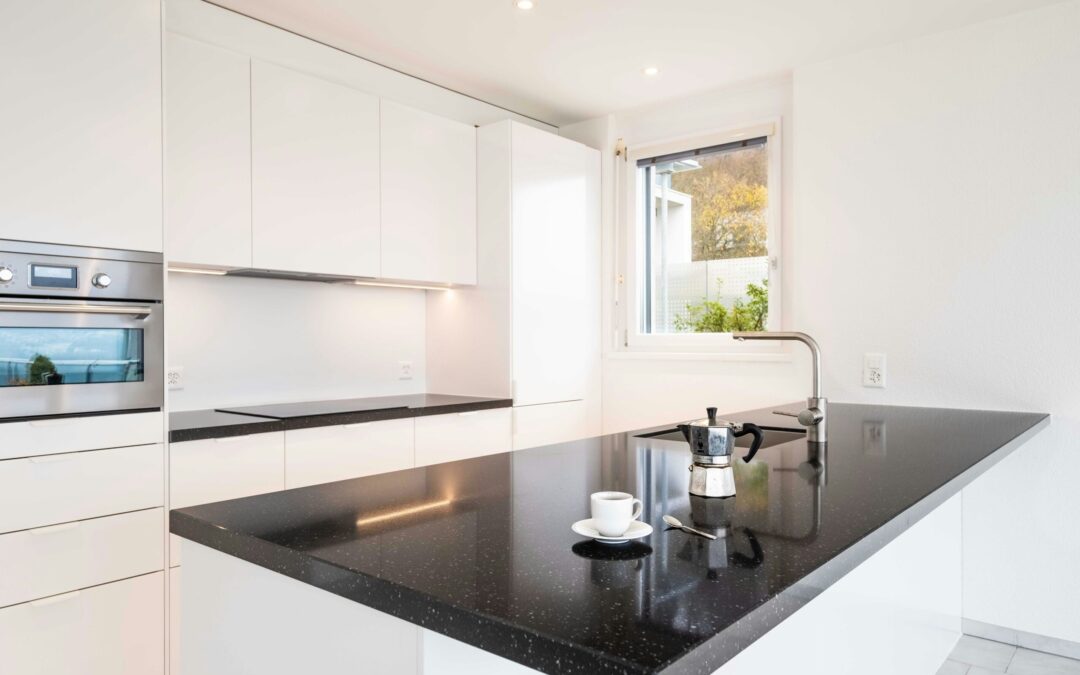
10 Kitchen Trends Coachella Valley Homeowners Love in 2025
About this Project10 Kitchen Trends Coachella Valley Homeowners Love in 2025 If you're thinking about kitchen remodeling this year, you're in good company—especially in the design-forward Coachella Valley. From Palm Springs to La Quinta, homeowners are upgrading their...
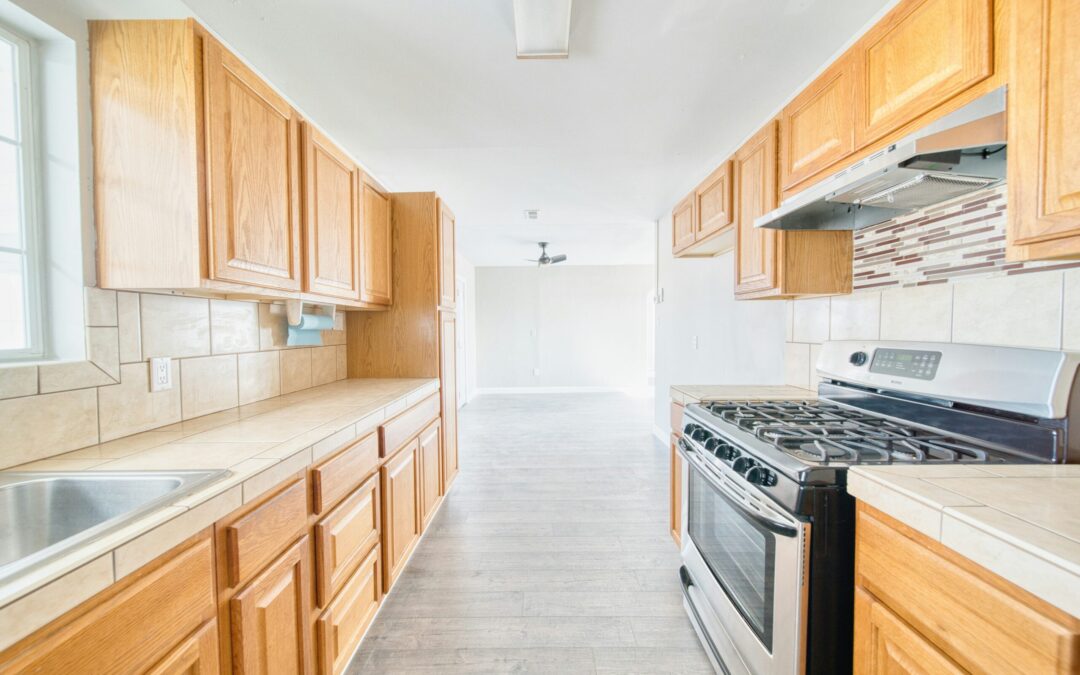
Kitchen Remodel Near Me? Why Palm Springs is the Best Place to Start
About this ProjectKitchen Remodel Near Me? Why Palm Springs is the Best Place to Start If you've recently typed “kitchen remodel near me” into your search bar, you're likely in the early stages of transforming your kitchen into a more functional, beautiful, and modern...
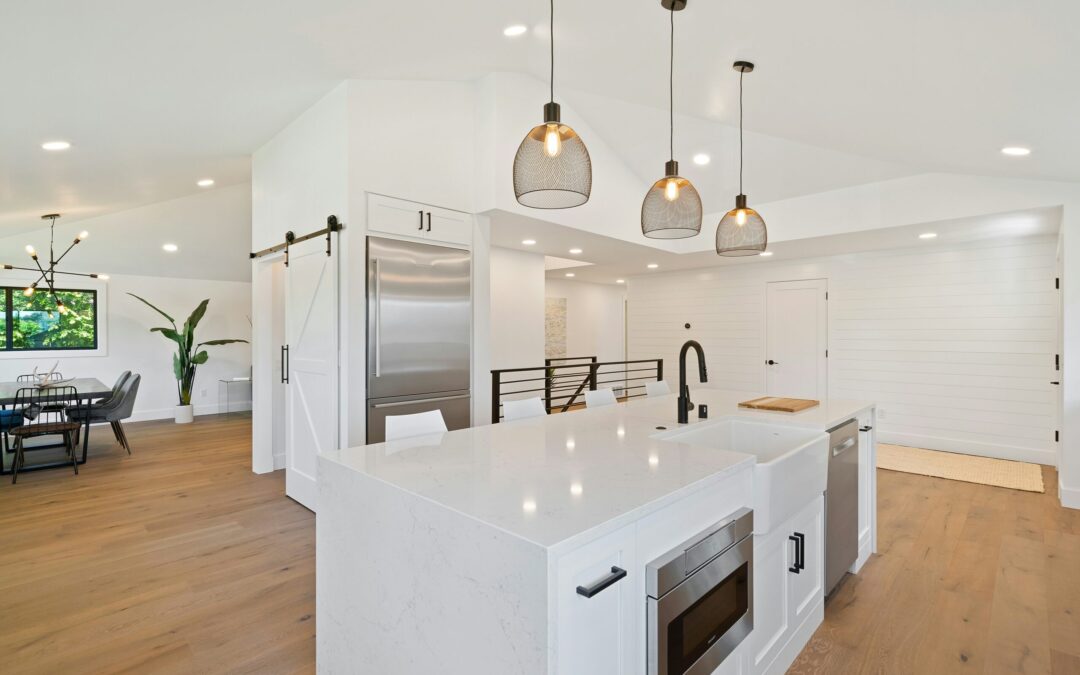
Palm Desert Kitchen Remodeling: What Adds the Most Value?
About this ProjectPalm Desert Kitchen Remodeling: What Adds the Most Value? When it comes to Palm Desert kitchen remodeling, homeowners often find themselves balancing two major goals: creating a kitchen that they’ll love using every day, and ensuring that the remodel...

Kitchen Renovation vs. Remodel: What’s the Difference in Palm Desert?
About this ProjectKitchen Renovation vs. Remodel: What’s the Difference in Palm Desert? If you've been searching for kitchen renovation near me, you may have come across two terms used interchangeably: “renovation” and “remodel.” While they might sound similar,...



